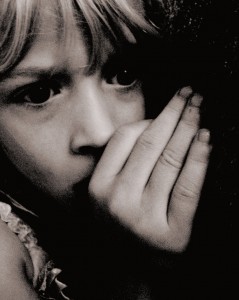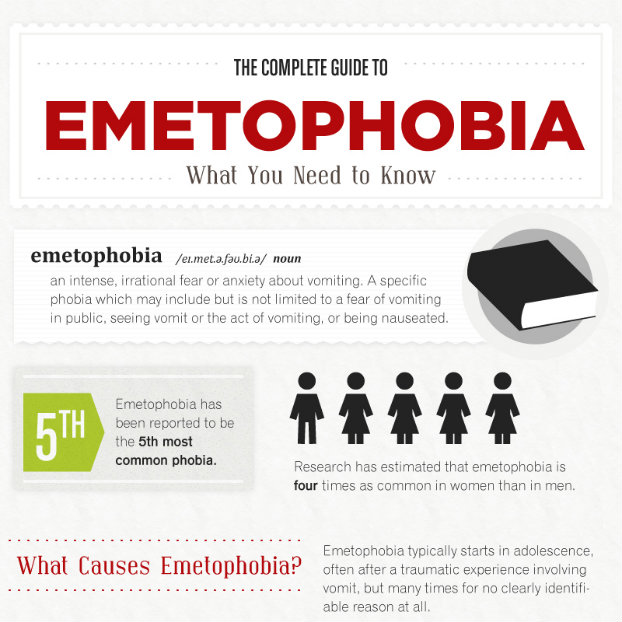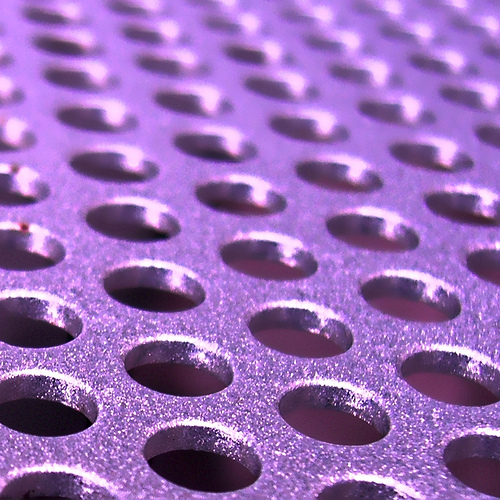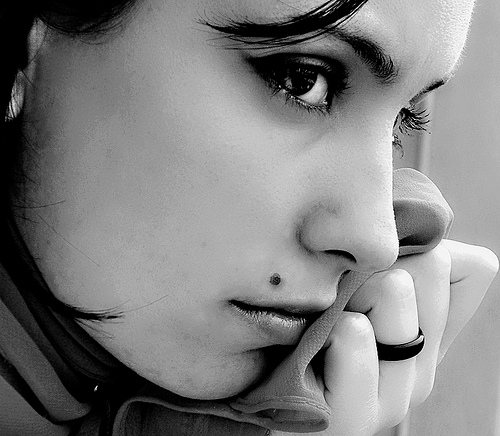 For some emetophobics, the anxiety disorder develops after a particularly negative experience with being ill. Others find themselves overly fearful of vomiting after seeing someone else become violently sick.
For some emetophobics, the anxiety disorder develops after a particularly negative experience with being ill. Others find themselves overly fearful of vomiting after seeing someone else become violently sick.
For one eight-year-old child, Emetophobia was the result of being sick at a young age. Following her illness, the girl became afraid to eat, thinking that food would cause her to become physically sick again. She was even fearful of drinking water and eventually refused to swallow her saliva. As a result, the child had to be tube-fed and hydrated. She had lost a significant amount of body mass when she was taken to a specialist to be treated.
In such a serious situation, it was vital that the girl receive treatment for her Emetophobia and subsequent eating disorder as soon as possible. Specialists decided to engage the child in intensive, short-term treatment.
Exposure therapy is typically used to treat anxiety disorders by gradually exposing the person to his or her fear. The child in the study was encouraged to consume very small amounts of different foods each day. The amount of the food she ate was steadily increased, as was the variety of the foods she was presented with. Initially, the child misbehaved and acted out; at most, she would sip a bit of water. However, she grew more cooperative and was eating more after just three days of treatment.
Things to Remember
An emetophobic cannot simply be persuaded to “get over” his or her fear. Trying to reason with an adult emetophobic by explaining the irrationality of the fear will not work. It’s even less likely that a child emetophobic can be reasoned out of his or her phobia.
Emetophobia is a serious condition that needs to be treated just like any other debilitating illness. People with anxiety disorders — especially children — need support and sympathy from their loved ones. For emetophobics, compassion and understanding are even more important. This is because of the embarrassment and hopelessness many sufferers feel. The lack of awareness about Emetophobia makes having the disorder even more difficult.
Any concerned parent with an emetophobic child should have him or her treated as soon as possible. It is generally safer and easier to correct the problem while the child is younger. For children who refuse food, improvement is usually very rapid after professional treatment. The longer the fear of vomiting persists, the more difficult it will be to eliminate.





